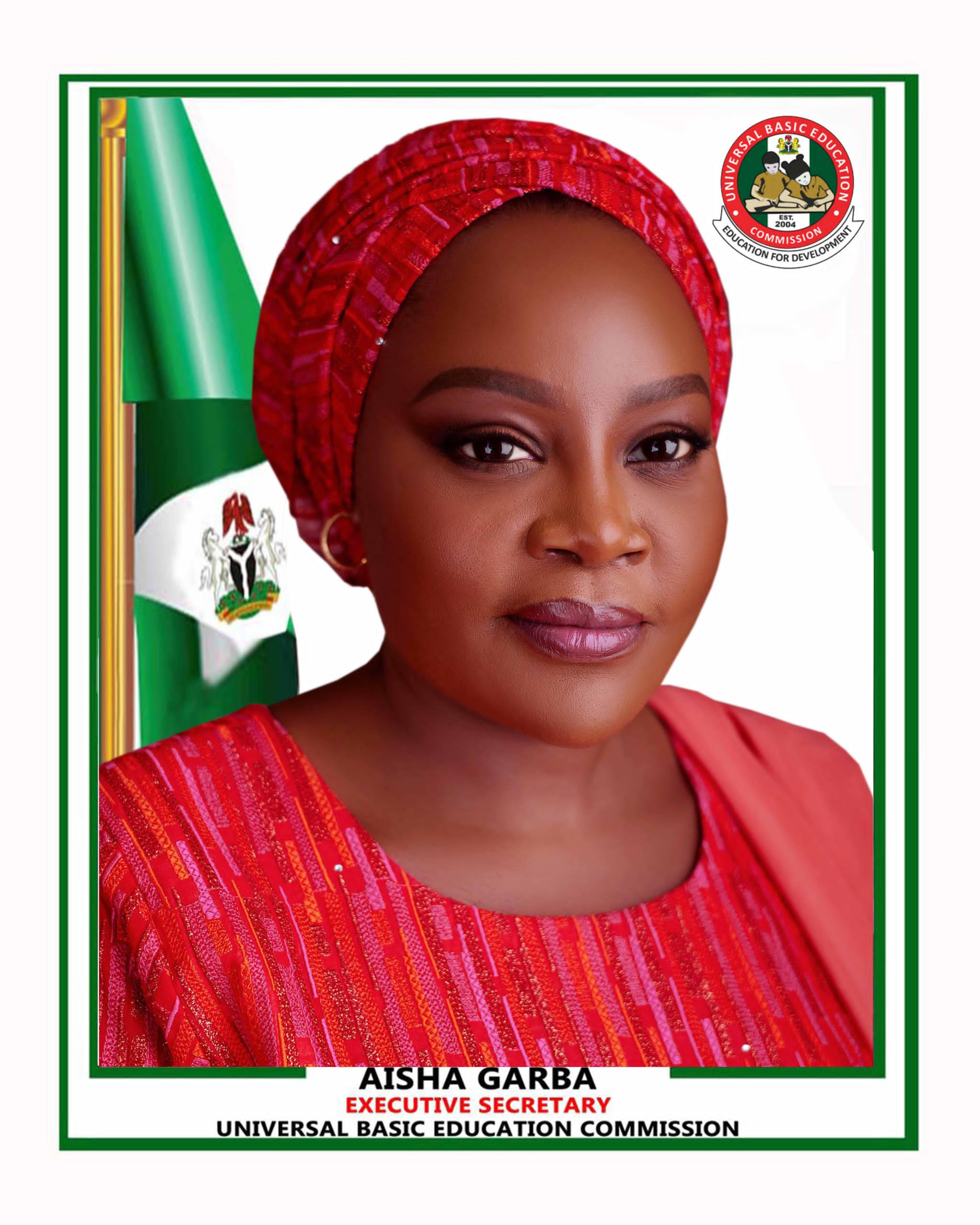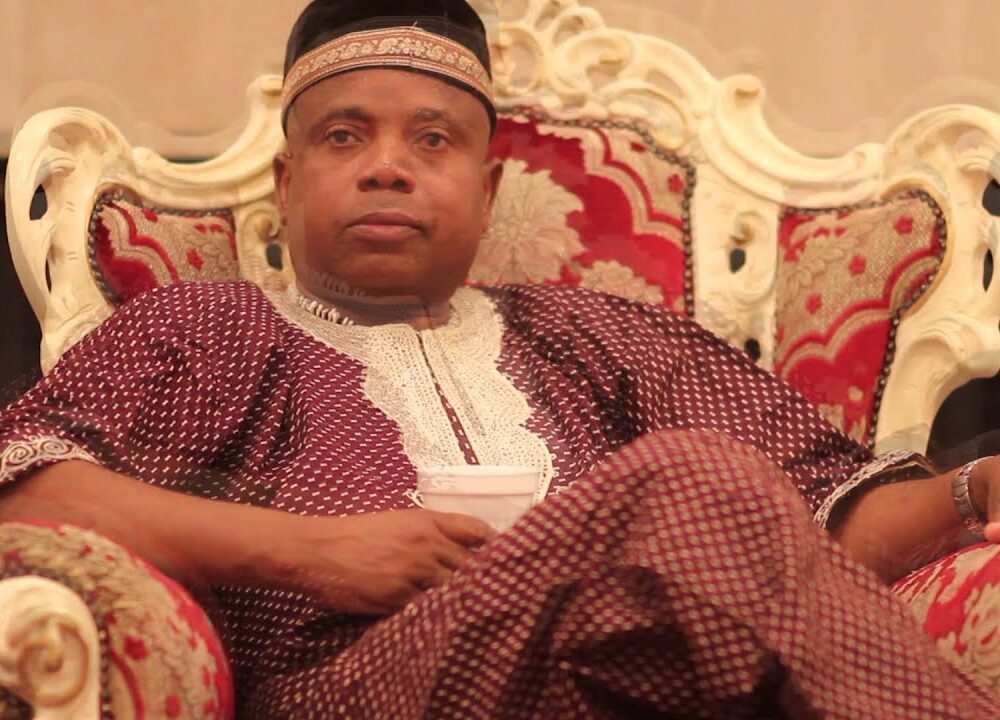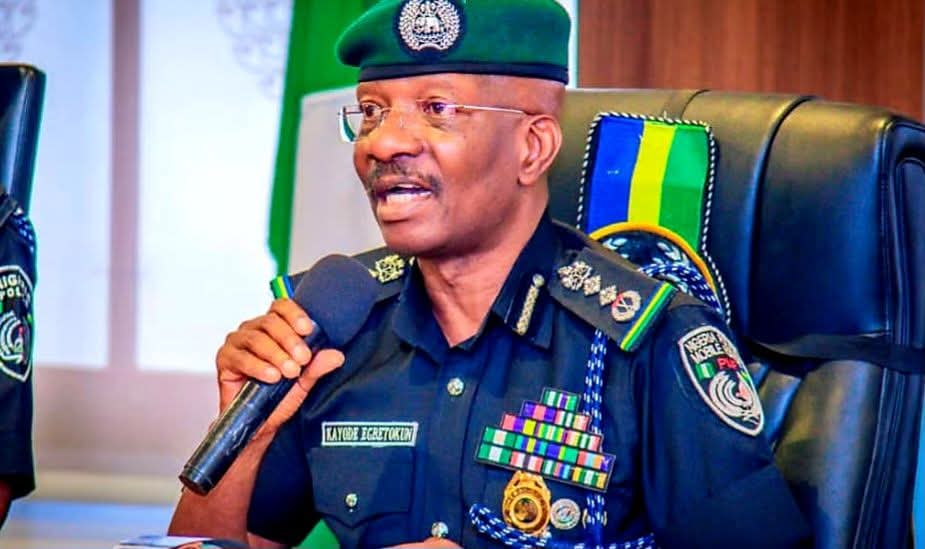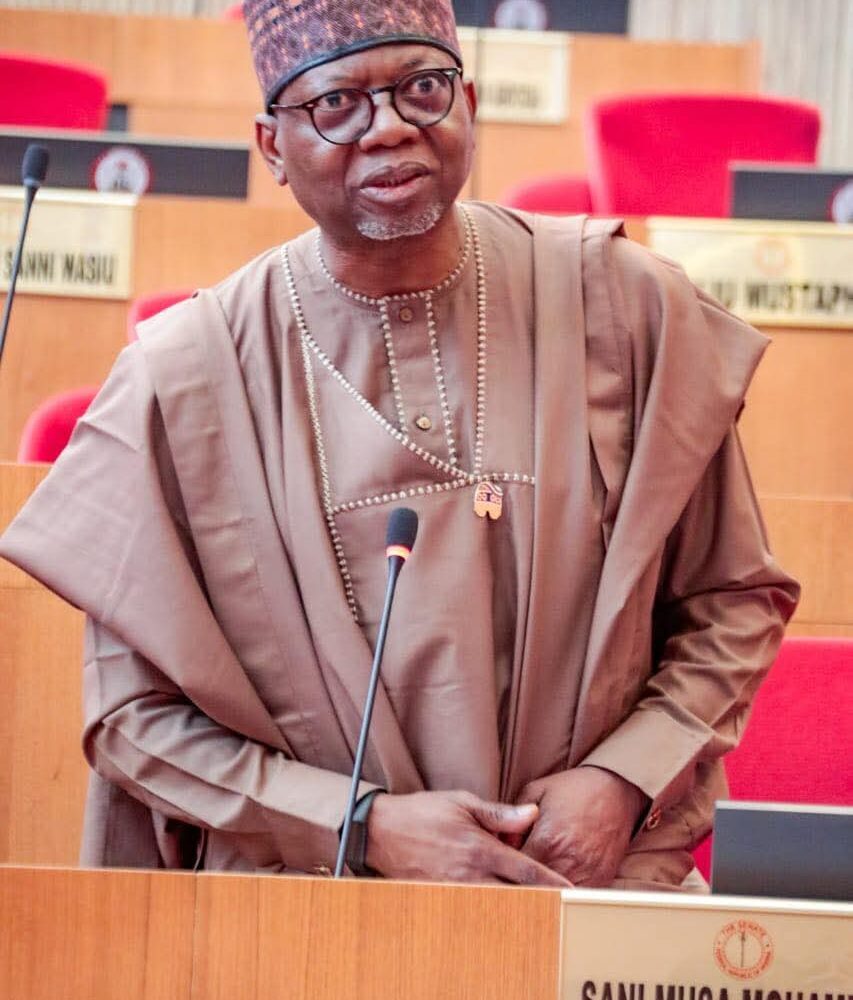For many years , the appointment of a World Bank Education expert , with both local and international exposure, Aisha Garba at the tail end of of 2024, assumed duty as the new Executive Secretary, Chief Executive Officer, ES/CEO, Universal Basic Education Commission, UBEC.
The appointment which came at a time when the clamour for gender parity and equality is at the top priority of both private and public sector, with UBEC only experiencing in Ag capacity, all the years.
Though , appointed purely on merit and coinciding with the clamor for consideration of women folk into top government positions, her appointment was to bridge the desire of Nigerians in the area of leadership and followership.
With many decades experience locally and crowned it up globally with extraordinary resume in the area of core development of Education, it was round peg in a round hole with her announcement by the President Bola Ahmed Tinubu as the newly appointed Executive Secretary, of the commission.
While convening the maiden meeting with the staffers of the commission, she reiterated the rights of children to Basic Education to the University level , irrespective of Class, Religion, Extraction, Gender and Economic condition and stressed the need for continuous reinvigoration and revolution in line with the best practices.
She expressed worries on the growing figure of 17 Million Out of School Children OOSC in the country , and promised accelerated action in line with Article 26 of 1948 Universal Declaration of Human Rights.
Aisha Garba promised to deploy similar and renewed vigour under the Renewed Hope Agenda of President Bola Ahmed Tinubu to promote Basic Education for the school aged children, stating that Nigeria is lagging behind in the area of Basic Education, outcomes and the quest to meet up with the 2020-2030 Decade of Action Agenda for SDGs.
While explaining further , she maintained that the completion rate for schools from primary to university level , needed a reinvigoration, as the rate stood at 59% and 51% for boys and girls at the primary level, 42%,36% for Boys and Girls at Secondary School level, as over 2 Million yearn for University and Tertiary Education learning, with only 500, 000 having access to it .
With a promise to expand partnership and collaboration with relevant stakeholders, agencies and development partners , Dr Garba assured of deploying multi sectoral approach, towards synergy with Ministries, Departments and Agencies of government to consolidate the new reforms and interventions.
In her statement..
“My goal is to deliver on this mandate which includes strengthening collaboration, partnerships and institutional learning for effective service delivery.”
“Together, we will work to increase access, improve quality, provide conducive and safe learning environments, supply adequate teaching and learning materials, and adopt the concept of ‘best fit’ in addressing specific basic education challenges, state by state and region by region (not a one-size-fits-all solution),” she stated.
“She added that the commission under her watch would seek multi-sectoral approach to address the demand and supply-side barriers to basic education which has continued to exacerbate the challenge of out of school children.”
“According to her, UBEC would work collaboratively with Ministries, Departments and Agencies, Commissions and Development Partners on reforms and interventions to increase access and significantly reduce the high number of out-of-school children in Nigeria.”
“She listed some key action plans to include the deployment of appropriate interventions, use of technology, construction of critical infrastructure and the upgrading of school facilities.”
“We will ensure the integration of children with special needs, promote education for the girl-child, and work with relevant partners to make schools safe and conducive for learning.”
“In addition, we will work with local government education authorities and community stakeholders in expanding access to basic education in rural, disadvantaged and hard-to-reach jurisdictions. We will work closely with state governors to increase the uptake and utilisation of the UBEC Matching Grants through strategic partnerships and engagement,” she said.”
*ABUBAKAR YUSUF writes from Abuja,he can be reached via; yus.abubakar3@gmail.com.





